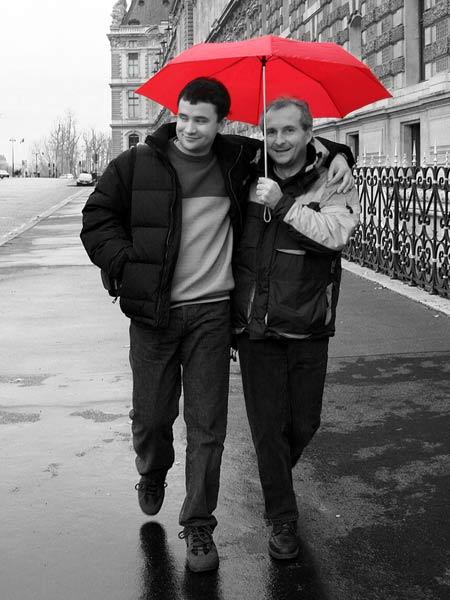The Dark Story of Human Empathy

Get the world’s most fascinating discoveries delivered straight to your inbox.
You are now subscribed
Your newsletter sign-up was successful
Want to add more newsletters?

Delivered Daily
Daily Newsletter
Sign up for the latest discoveries, groundbreaking research and fascinating breakthroughs that impact you and the wider world direct to your inbox.

Once a week
Life's Little Mysteries
Feed your curiosity with an exclusive mystery every week, solved with science and delivered direct to your inbox before it's seen anywhere else.

Once a week
How It Works
Sign up to our free science & technology newsletter for your weekly fix of fascinating articles, quick quizzes, amazing images, and more

Delivered daily
Space.com Newsletter
Breaking space news, the latest updates on rocket launches, skywatching events and more!

Once a month
Watch This Space
Sign up to our monthly entertainment newsletter to keep up with all our coverage of the latest sci-fi and space movies, tv shows, games and books.

Once a week
Night Sky This Week
Discover this week's must-see night sky events, moon phases, and stunning astrophotos. Sign up for our skywatching newsletter and explore the universe with us!
Join the club
Get full access to premium articles, exclusive features and a growing list of member rewards.
My house was burglarized over the holidays, and after the first few days of feeling nothing, I am now full of fear and anxiety, and can't stop talking about it. I've told the entire story to the guy repairing a street lamp across from my house, the city employee pruning bushes down the road and every single solitary person I know, even if I know them only in passing. I am in über-vent mode, and woe be the person who comes up to me these days and says, "How are you?" because they get trapped for 30 minutes listening to every detail of the break-in, the reaction of everyone in the household and the list of things we might or might not do to become safe again — Alarm system? Move? Get a dog? As I cornered the first 10 or 20 people and told them my story, I figured they'd soon get sick of the sound of my high-pitched, anxiety-toned voice and back away, but interestingly enough, no one did. Instead, they listened. Everyone really listened. And to my shock, each person responded with a similarly upsetting story of robbery, theft, mugging, or in one case, a house fire. Some horror stories happened recently, and the speaker was still reeling, but others happened long ago. Nevertheless, unearthing that bit of ugly personal history once again made those people reel too. Their eyes grew wild and they looked about in fear, as if the robber were right behind me. At first, I thought people were trying to steal my thunder, moving the spotlight from my trauma to theirs, but it happened so often and with so many different people that I finally realized sharing the tale of some scary event is the dark side of human fellowship. And that's empathy. The human capacity for empathy — feeling what others feel — is, in fact, not really designed to share happiness. That would be too easy. And sharing good news often produces jealousy in others rather than congratulations, and jealous isn’t exactly a foundation for connection. But with bad events, no one is jealous; hearing something awful about one's worst enemy even brings no joy, only fear that it might happen to you as well. Empathy, in all its negative glory, is about feeling badly when others feel badly, feeling it in the gut and then giving a look that says, "I know just how you feel." And maybe that's why I have been telling the store of our burglary over and over — it's just been a very human way to hold on to others when I feel like I am slipping away.
- Top 10 Mysteries of the Mind
- 10 Things You Didn't Know About You
- Study: People Literally Feel Pain of Others
Get the world’s most fascinating discoveries delivered straight to your inbox.
 Live Science Plus
Live Science Plus










